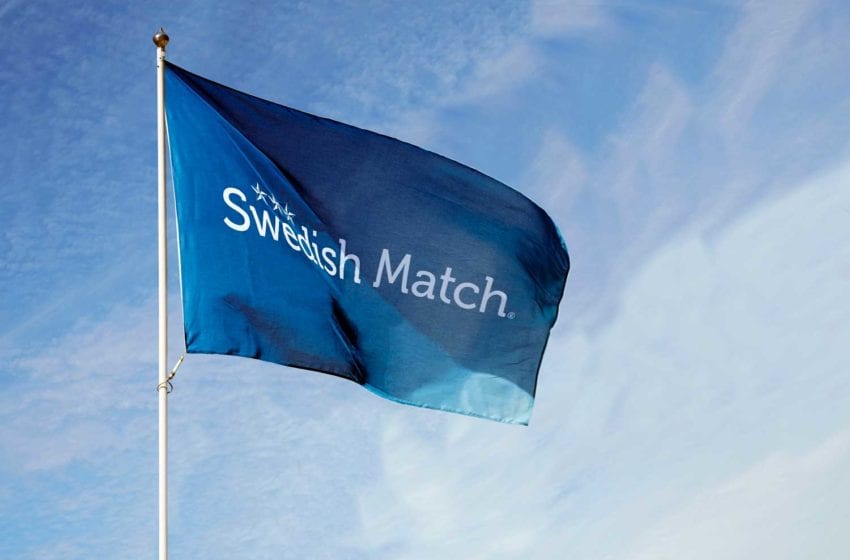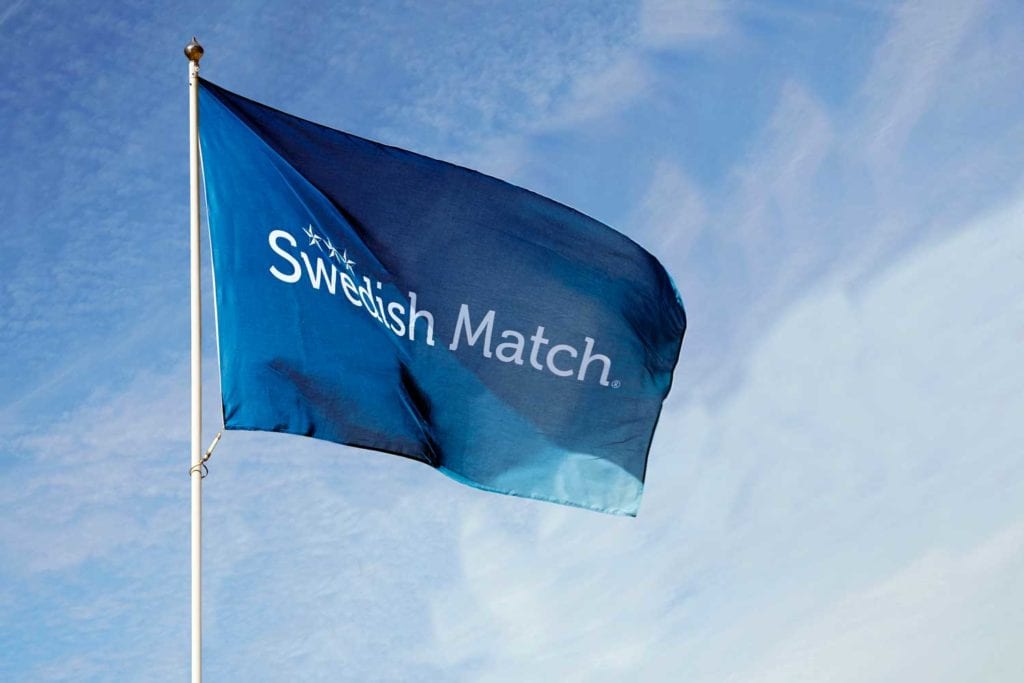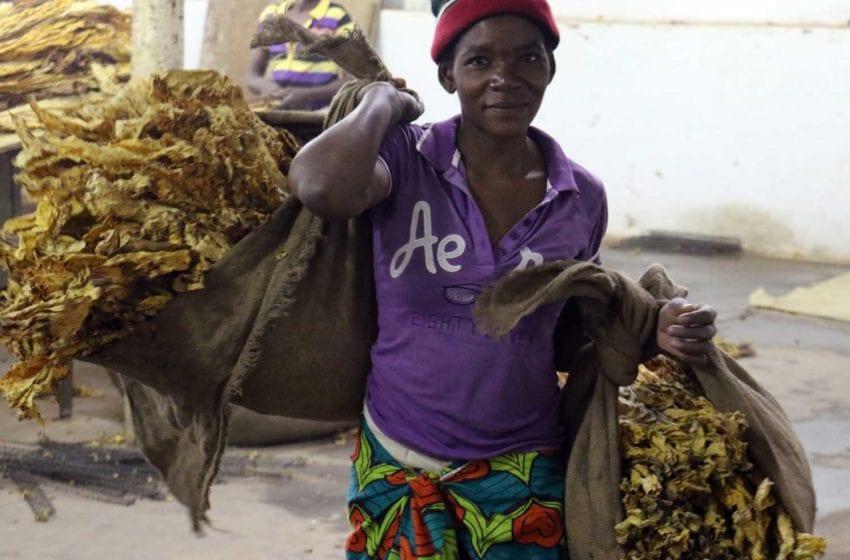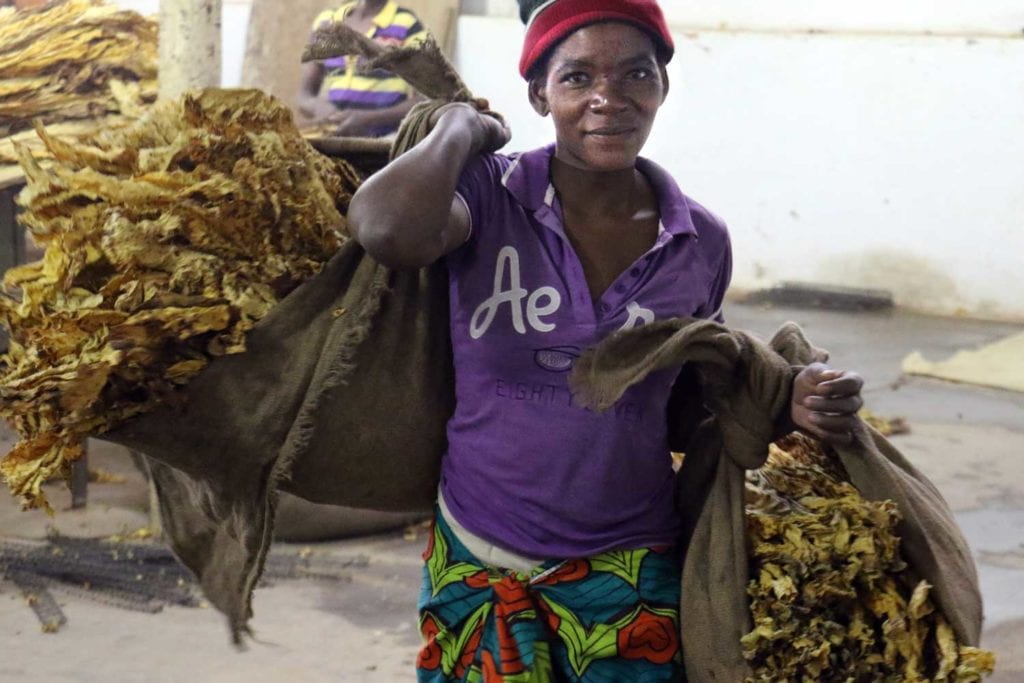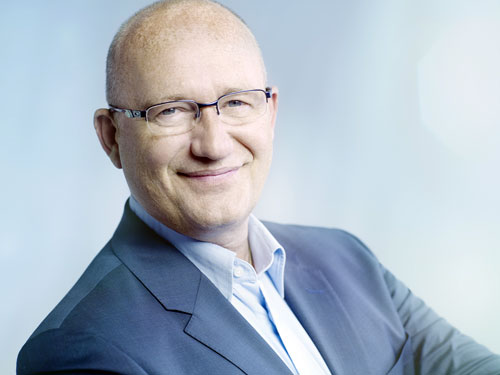Huub Vizee, based in Austria, will retire from his position as head of regulatory and corporate affairs at Delfort on March 31.
Vizee started at Delfort in Austria as head of regulatory affairs in September 2011. In 2020, he became head of regulatory and corporate affairs. In this role, he dealt with tobacco-related regulatory developments worldwide, advised the R&D department and represented Delfort on the Coresta board of directors.
From 2014 to 2016, Vizee served as vice president of the Coresta board of directors, and from 2016 to 2018, he served as its president. He has been a member of the GTNF advisory board since 2015.
Vizee worked in the tobacco industry for 35 years in areas such as leaf, research, engineering, quality assurance, product development and corporate affairs.
Prior to joining Delfort in September 2011, he worked for Van Nelle, Douwe Egberts and Imperial Tobacco, where his last position was head of group regulatory development. In this role, he was responsible for leading Imperial Tobacco’s regulatory engagement as an active participant on a global, regional and market level. Vizee also represented Imperial Tobacco on the boards of the Confederation of European Community Cigarette Manufacturers, the European Cigar Manufacturers Association and Coresta.
According to Vizee, working in the tobacco industry has been interesting, challenging, entertaining and incredibly rewarding. “The best thing about working in the tobacco industry was being [a] member of a large family and having an astonishing network all over the world in which everybody is equal, appreciates each other and where friendships last forever,” he reflects.
Upon retirement, Vizee plans to move back to his native Netherlands.





